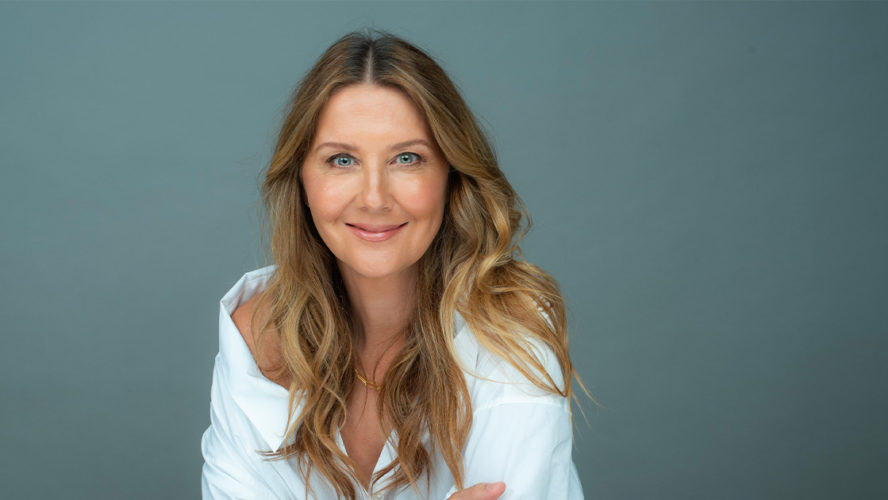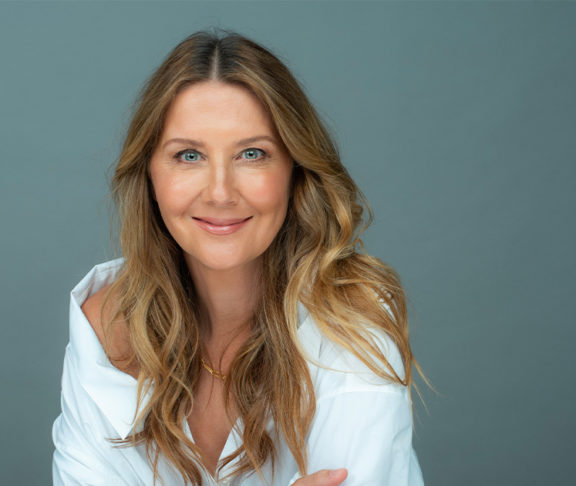Mediaplanet met with Dermatologist Dr. Sandy Skotnicki to talk about skin-care, providing tips on how you can protect your skin daily.

What advice would you give to someone just starting their skin-care journey?
Keep it simple. Choose fragrance-free cleansers, laundry aids, and products that will leave your skin hydrated.

What do you tell Canadians who may feel overwhelmed by the many opinions and choices available for skin care?
This is a growing concern and one that seems to be ever-increasing. The skin-care industry is set to reach over 500 billion worldwide in the years to come. For the face and hair, it’s more of a challenge because the choices are endless. If you have problem-skin or conditions like acne or eczema, getting a dermatologist’s opinion is helpful but can be difficult in Canada in these post-COVID-19 times.

What steps do you recommend people take to protect their skin daily?
When colder temperatures hit, indoor heating is turned on, decreasing the humidity in the air. With less humidity in our homes and workplaces, our skin becomes drier. If you can increase the humidifier setting on your heating system or add a humidifier to your bedroom, this can be very helpful.
Next is to consider how you wash and what you wash with. Keep showers short and not too hot.
Finally, moisturizing more regularly can replace some of the moisture lost in the skin from dry winter weather and cleansing. Try to stick to fragrance-free moisturizers.

Skin conditions can be seen on the surface but often go more than skin deep. How have different conditions affected your patient’s overall quality of life?
The biggest issues are itch and the appearance of the skin, and I would add the idea of self-care.
Itch can be very bothersome as we age and worsens in winter. This can, in turn, affect one’s ability to sleep. Changing how patients wash, what they wash with, and what laundry aids they use often is enough to help these issues.
As for appearance, this is the reason we have a million-dollar beauty industry. Self-care was the buzzword during COVID-19. Taking care of one’s skin became about more than appearance or skin health. It was a way of taking care of yourself. It replaced dinners, movies, and travel. The issue here is many people develop problem skin from using too many products together or in succession.


